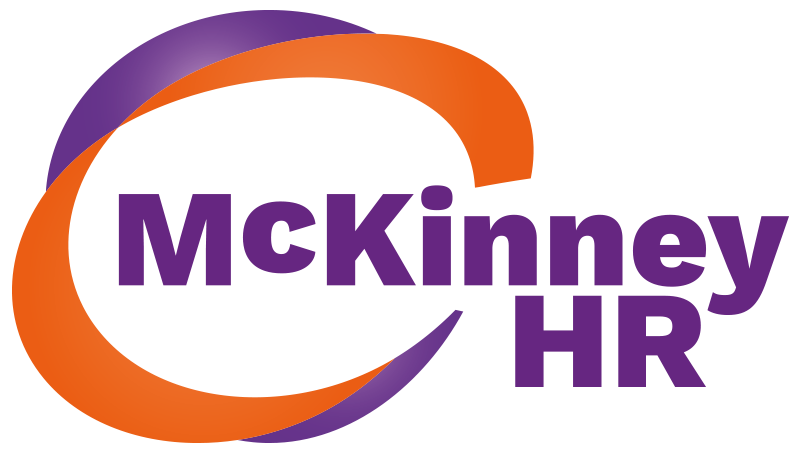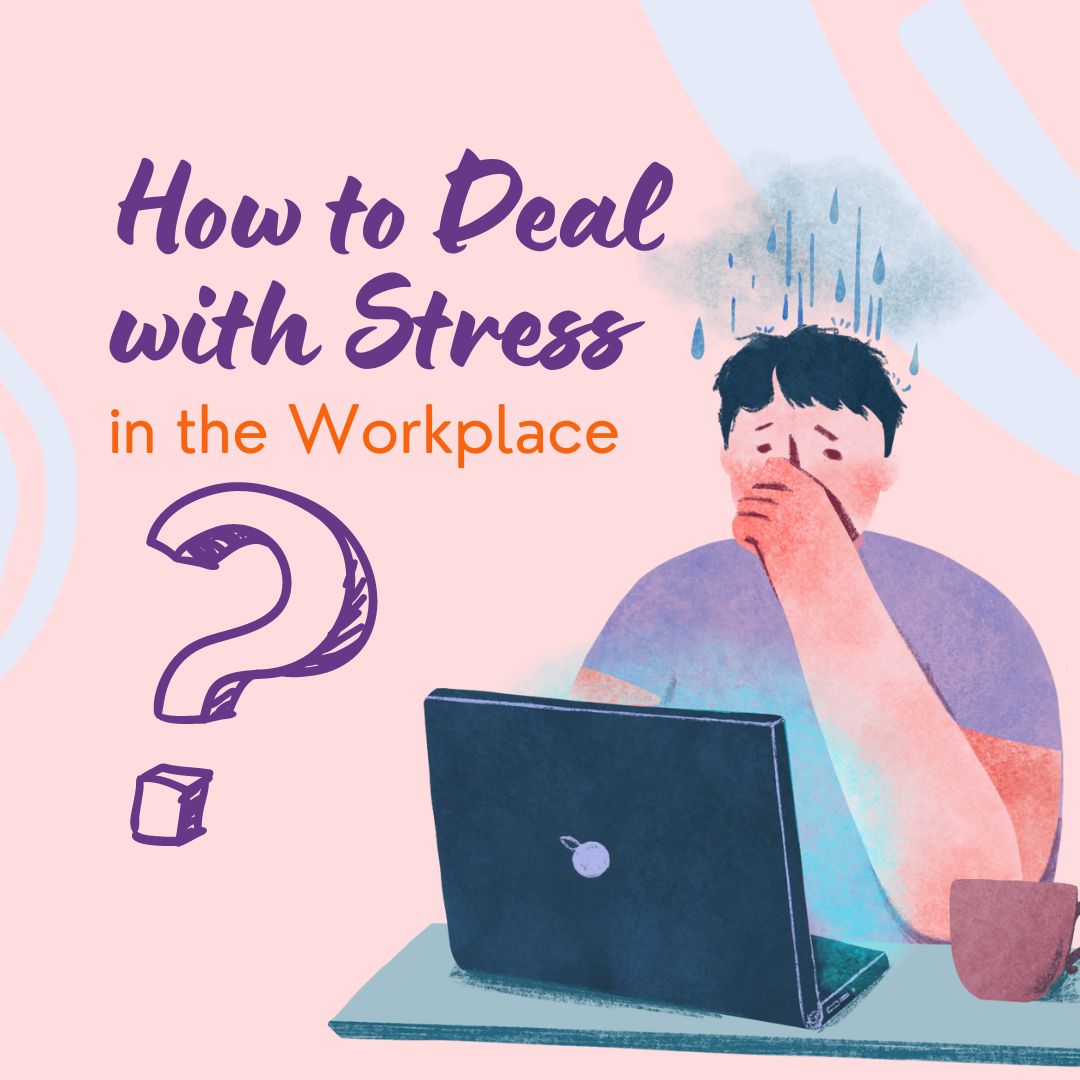Most of us will experience stress, fear or an anxious reaction at some point during our career. A big interview, an important presentation, or a tense meeting with a colleague are just a tiny selection of the kind of things that can raise these feelings in the work setting. Sometimes we work through these situations just fine but sometimes it’s more difficult – and this can lead to elevated stress levels, anxiety and things feeling like they are falling apart.
The stress/fear reaction is a chemical reaction that takes place in a part of our brain called the Amygdala. You’ll likely have heard of ‘fight or flight’ – a reaction designed to keep us safe since humans very first walked the earth, except the threats are no longer hungry sabre tooth tigers or angry woolly mammoths, now they are marauding bosses or career-defining presentations. Sadly, the Amygdala doesn’t recognise the difference between the prehistoric and modern day threats, and is still trying to keep us safe using the same flight or flight stress reaction that our earliest ancestors had.
So how can we combat this? Well, there are a number of approaches, depending on the situation, however if you know in advance that a situation will be stressful (e.g. an interview or meeting) the following may help:
- Making sure you plan enough time to fully prepare for the stressful event – the more prepared we feel, the less likely the stress and anxiety will creep in. Enrol the help of colleagues, friends and family to help you prepare.
- Use some deep breathing or meditation to help you relax in advance of the stressful event. You can also try ‘power poses’ to help you feel more confident.
- Visualise yourself being super successful in the situation.
However, if you find yourself in a stressful situation unexpectedly, the first thing to do is to recognise stress or fear for what it is – if you can recognise those emotions in the moment, you can start to take steps to combat it:
- Remove yourself from the situation – if you can, go for a walk, even just round the block, to give yourself some space and time to think or clear your mind. Walking helps to de-activate the amygdala and will help to calm you.
- Take some deep breaths. Use the physiological sigh to help calm down quickly (this might also be really useful before that big interview or presentation!)
- Play some music or calming sounds.
- If you’re in a confrontation, take time out – you could say “I need to take some time to go and think about this, and I will come back to you”.
Hopefully these tips will help you deal with the occasional burst of stress or anxiety that are so common, but we do need to be vigilant – constant or recurring stress reactions are bad for our health, and if you feel that you’re constantly feeling stressed or fearful, it may be worth speaking to your GP. If you have concerns about a colleague’s mental health, this really useful guidance from Mental Health UK may help you start a conversation, or as always, you can speak to an HR representative to get support.
For a review or update of HR policies, please contact support@mckinneyhr.co.uk

